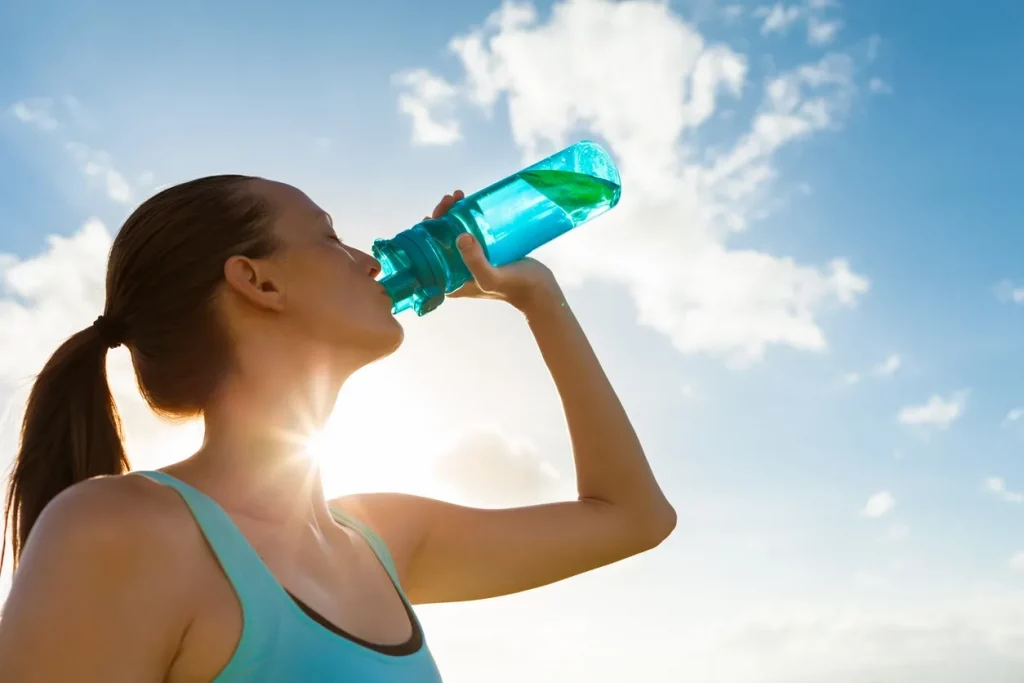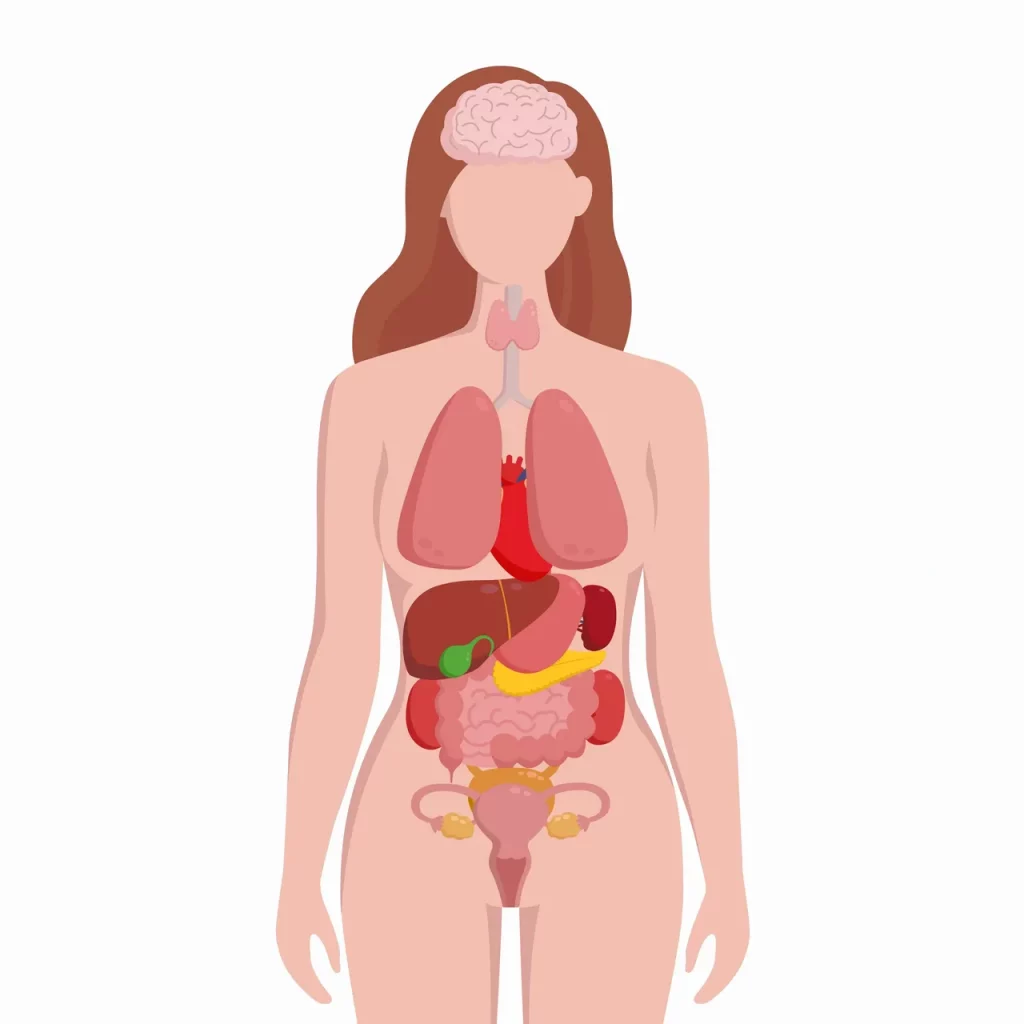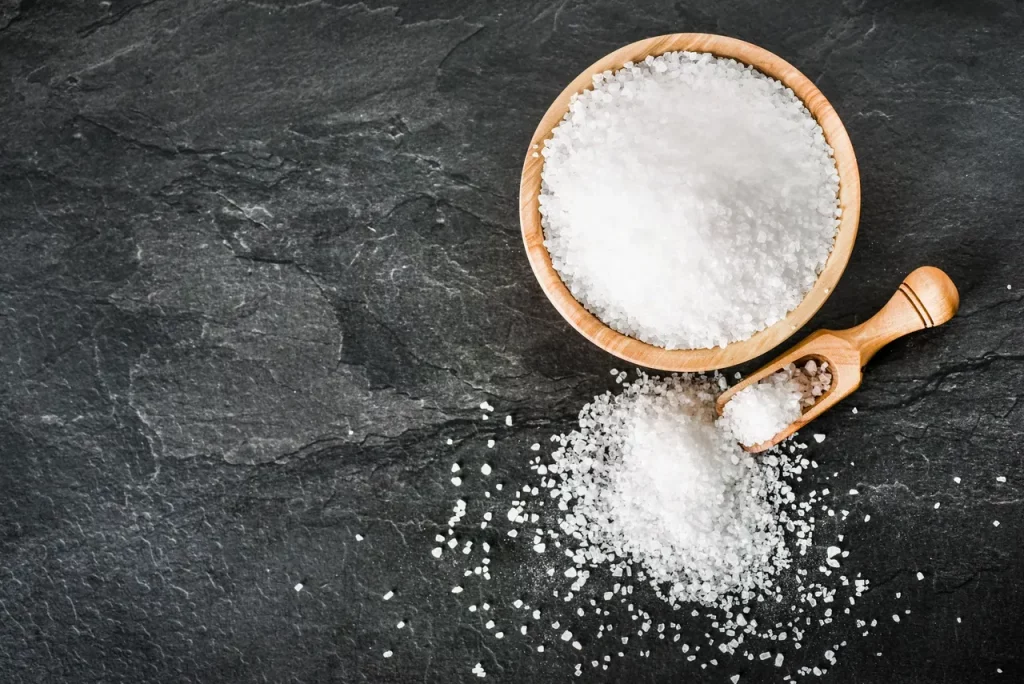
Clients are very familiar with their Kinesiologist talking about the importance of adequate hydration. Dehydration is the cause of many symptoms:
- Headaches and migraines
- Aches and pains
- Poor memory and a general fuzzy head
- Digestive problems including constipation
- Fatigue
- Disturbed sleep including night sweats
- Dry skin
- Hot flushes
- UTIs and irritation
Dehydration and Constipation
The times a kinesiologist most commonly discusses the need for hydration with a client is when they are experiencing constipation. A good metaphor to use is something that popped into my head when explaining to a boy a couple of years ago.
Have you ever been to a water park? Did you notice how easy it was to go down the flumes with lots of water? What do you think would happen if there was no water in the flumes? You’d get stuck.
This is exactly what happens with constipation. When we are dehydrated, water is diverted from our lesser organs to more essential organs. Being dehydrated causes constipation which causes toxicity.

Water and Our Vital Organs
Water is involved in nearly all bodily functions including: circulation, digestion, absorption and waste elimination. In fact approximately 70% of our body is water (the same as the earth)! Let’s take a closer look at the composition of our vital organs:
- 85% of our brain is water. If we are not fully hydrated we will experience headaches, poor concentration and reduced short-term memory.
- 73% of our liver is water. It is the main detoxification organ and converts body fat to energy. If we are dehydrated it diverts its attention to support the kidneys. This means body fat is not converted to energy.
- 85% of our lungs are water. They need to be kept moist to take in oxygen and expel carbon dioxide. If we become dehydrated the body produces histamine which makes it harder to breathe.
- 77% of our heart is water. Studies indicate that water reduces our risk of developing heart disease.
- 70% of our skin is water. When we are dehydrated we have dry skin and the protective outer layer isn’t as strong.
- 80% of our kidneys are water. Our kidneys regulate our release or reabsorption of water and remove waste from our body. When we do not have enough water our waste products are not removed effectively.
- 22% of our bones are water. Water ensures the smooth movement of our joints. If dehydrated it can cause friction.

Hydration isn’t only about drinking water
The average 70kg man needs 42 litres of water to optimally function. 28 litres of water are for the biochemical reactions that take place inside our cells and the remaining 14 litres are for movement and transport of waste and nutrients outside our cells. It is the constant interaction between water inside and outside of our cells that gives it its key role.
Hydration isn’t just about drinking the recommended two-litres of water a day it is also about electrolyte balance and essential fatty acids (omegas). Ultimately the components of our cells. Read ‘The Importance of Hydrated Mucus Membranes to Health’
Electrolyte balance
To be in good health, we need clean and toxin-free tissues. By having clean and well-nourished cells, we have optimum health. Our cell composition must remain balanced – our cells contain enzymes, electrolytes (sodium, calcium, potassium and magnesium), water and phospholipids. Through the citric acid cycle, we produce ATP which powers the sodium pump (the sodium pump is responsible for the balance between sodium and potassium).
The volume of water outside our cells determines the volume of water inside our cells. Sodium and potassium are responsible for this regulation. Sodium regulates the volume of water outside the cell, transmits nerve impulses, and balances and regulates potassium inside the cell. Potassium regulates the volume and fluid content of cells, transmits nerve and muscle messages, and balances and regulates sodium in the body.

Sodium tends to hold waste products within the cell. Therefore the removal of waste products relies on sodium being moved out of the cell which requires a lot of energy (ATP). It is said that it takes between 25% and 33% of our energy to keep sodium out of our cells. The more sodium you have the more energy it takes to process, therefore, someone that has excessive sodium may have less energy due to a deficit caused by regulating sodium/potassium levels.
A potassium deficiency can be caused by excessive salt, alcohol, tea and coffee consumption and excessive sugar. Tea and coffee are diuretics which means they cancel out the benefits of drinking extra water and have a detrimental effect on iron and zinc absorption as well as raising blood cholesterol levels. Bananas are naturally high in potassium and beneficial if consumed in moderation. In the past eating a hunter-gatherer diet gave us all we needed to be in nature and maintain our delicate nutrient balance. Our original diet would have been rich in vegetables, fruits, nuts, seeds and occasionally meat and fish. Plant-based foods are rich in potassium and magnesium, with adequate (and safe) amounts of sodium and calcium. However, because of the historically limited supply of sodium and calcium, it is thought that the body has been programmed to retain them under stressful conditions to increase blood pressure for the fight or flight response (back in the day when we needed to run away from predators which were momentary stress).

Caffeine
Add our consumption of tea, coffee and alcohol which depletes water, potassium and magnesium it paints a bleak picture. In today’s lifestyle, we do not face the physical challenge of being chased by a predator, but we do have other stresses that are more persistent. If the stress does not pass, the cell retains the sodium and calcium.
Calcium helps regulate the release of insulin from the pancreas – as calcium enters the cell blood sugar drops. Often people feel the unconscious need to artificially stimulate their adrenals with caffeine due to the drop in blood sugar. Drinking caffeine leads to further dehydration and any disturbance in insulin ultimately can lead to diabetes.
Magnesium
Magnesium is the most relaxing mineral and is a wonderful way to naturally lower blood pressure. I often recommend Epsom salt baths, however, they are contraindicated if you have naturally low blood pressure or are on hypertension medication.
Essential fatty acids (omegas)
In short, a lipid is a fat, a key component of our cells are phospholipids. Fatty acids are essential for the integrity of our cells. Oils lock in moisture. If you have dry skin, dehydration is likely to be one of the key causes of it.
Tips for drinking more water
I often hear people do not like drinking pure water, they dislike the taste or simply forget to drink it. Here are some recommended strategies:
- Take a glass of water to bed ready to drink when you wake up
- Have a bottle of water with you throughout the day
- Set an alarm or reminder to drink
- Flavour your water with cucumber, strawberries, mint, lemon or lime
- Eat plenty of fruit and vegetables with a high water content (watermelon, cucumber etc)
Need help with symptoms?
Having a session with a trained Systematic Kinesiologist or training in Systematic Kinesiology helps you to identify the source of your symptoms and what is needed to return back to balanced health rather than guessing, not improving and wasting money. Systematic Kinesiology enables you to listen to your body.
To find your local Kinesiologist go to TASK UK Network
To to empower yourself with a lifetime of knowledge, learn Kinesiology yourself. Head to our Course Pages.

The above blog was written by TASK Graduate, Laura Shipp (Edited by TASK).
Laura Shipp provides clients a holistic approach to health and wellbeing using Systematic Kinesiology along with other modalities.
Laura specialises in:
- Mind and gut health
- Hormonal health and menopause
- Autoimmune conditions
- Trauma and limiting beliefs
- Children’s health
You can contact Laura via TUKN Online Register or via her website Laura Shipp Wellbeing
You can find the original blog post here